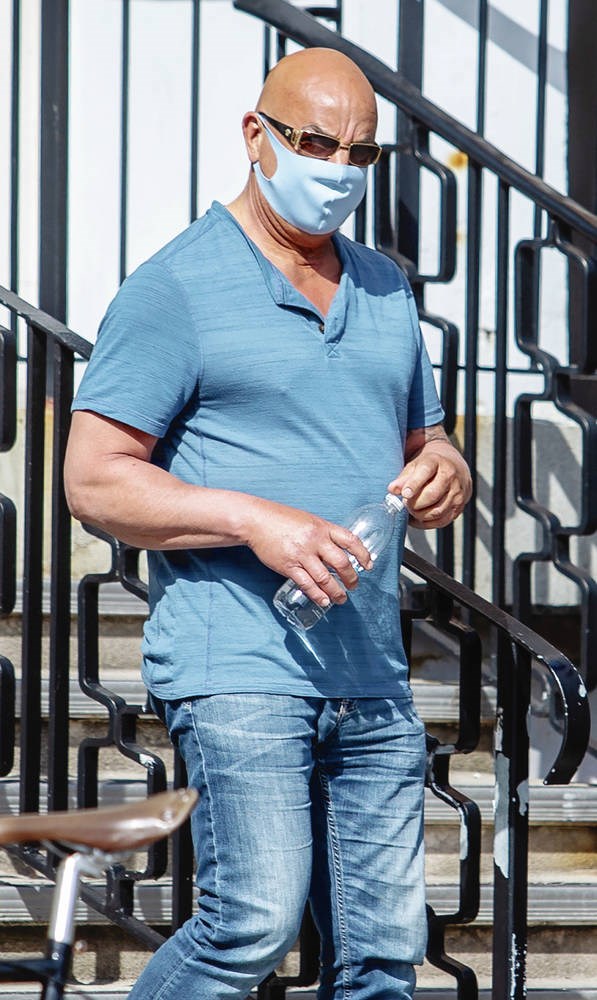John Dillon Brown had a phone call about a meeting he was setting up in the weeks before he was killed in Campbell River in 2016, his partner testified in B.C. Supreme Court Wednesday.
“He said: ‘Can we say about 9, 9:30, I just have to put my son to bed’,” Nicole Herman told the court. “Then he also said that ‘Look, I’m not a rat. I’m not trying to f*** anyone over here. I’ve done time, too, just trying to figure out how to settle this because I have a bunch of bills that are coming.”
Herman said Brown’s conversation was about trying to reach a settlement after getting hurt in a fight with a number of bikers in Campbell River’s Voodoo Lounge the previous November. The fight was with a Devils Army member and visiting members of the Hells Angels, said Crown prosecutor Lorne Phipps.
Brown, 30 at the time, was shot in the back of the head on March 11, 2016. His body was found in the trunk of his car 75 kilometres from Campbell River, near Sayward.
Richard Ernest Alexander, then president of Campbell River’s Devils Army Motorcycle Club, is charged with first-degree murder in Brown’s death. He has pleaded not guilty.
Phipps said Alexander had contacted Brown about settling out of court instead of suing the Voodoo Lounge as he was planning.
Herman said she didn’t know at first who Brown was talking to when he had the phone conversation. He told her it was “that Ricky guy” from White Rock.
“He told me that he had spoken with Ricky and he just wanted to get this squashed out of court, he didn’t want his guys going down for it.”
Ricky wanted to keep it quiet, she said.
Herman said Brown — who trained in mixed-martial arts — had ended up in hospital after fighting three or four others and was trying to recoup some of his medical costs and other expenses with a lawsuit against the Voodoo Lounge, but eventually reached a settlement and was expecting to receive $11,000.
“He didn’t seem to have any concerns at that point.”
After taking a moment to compose herself, Herman told the court about the last time she saw Brown, on March 11, 2016.
She said he went out and said he would be home soon, but she became worried when the time dragged on.
Herman said she drove around looking for him, and so did his brother.
She was notified the next night, Saturday, that Brown’s car had been found in Sayward, and was told Sunday that he was dead.
Also testifying Wednesday was Michael Behm, who was involved in the ownership of the Voodoo Lounge from 1999 to 2018. He described the establishment as a “dance night club” that attracted members of the Devils Army from time to time.
He said he supplied Brown with a video of his fight when asked, but thought little of it after that.
“It wasn’t a significant thing to me at the time because this type of thing happened all the time.”
He said he later learned the video didn’t show the angles Brown wanted.
Behm said he never met Brown, and was unaware a lawsuit had been filed until he was interviewed by the police after Brown’s death.
jbell@timescolonist.com



